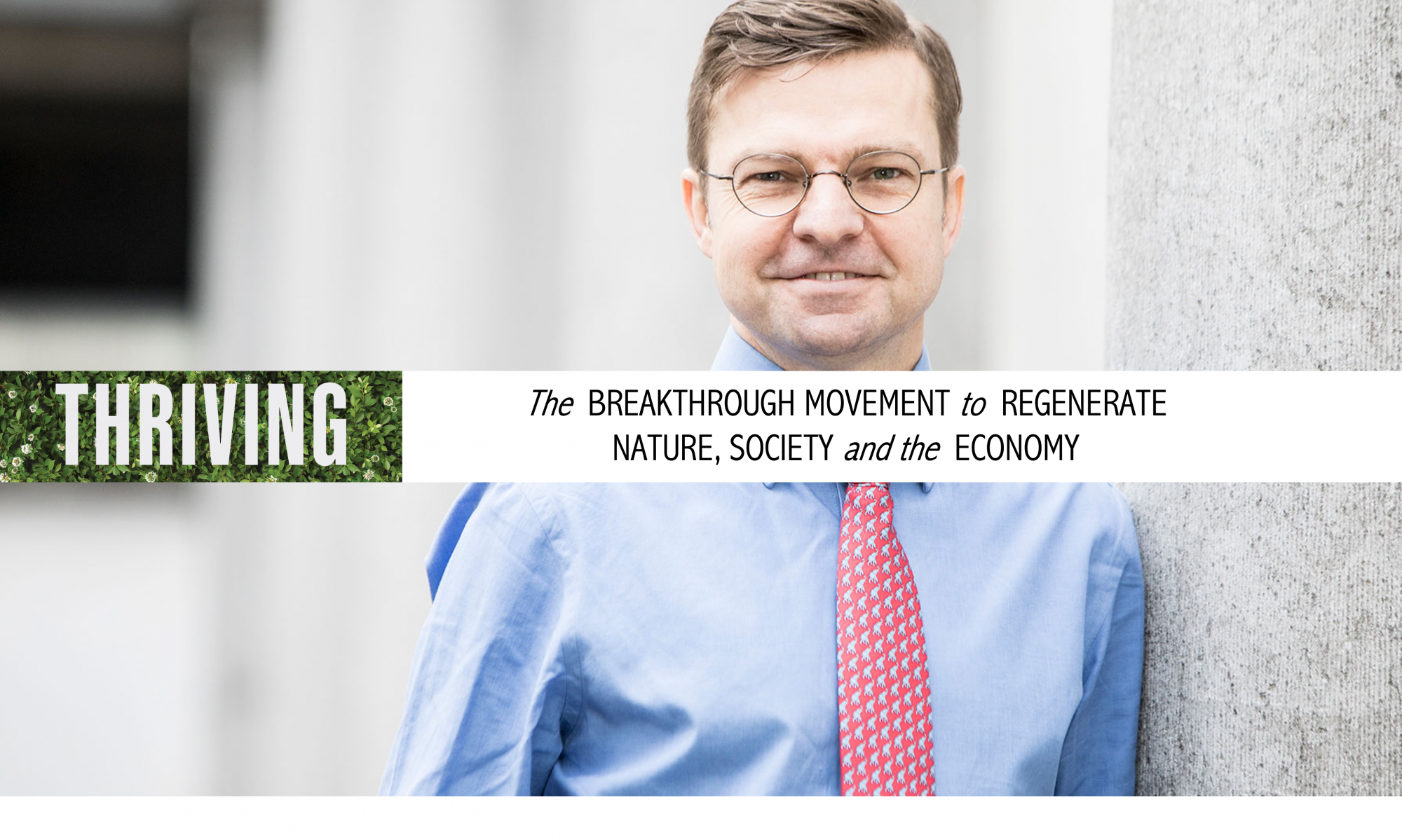Corporate Citizenship:
Is South Africa World Class?
Article by Wayne Visser
At the 2003 World Economic Forum, a global CEO survey on corporate citizenship was launched, representing companies with headquarters in 16 countries (including South Africa) and covering 18 industries. The report of findings identified ten key messages for engaging successfully with the corporate citizenship agenda. In this article, I use these ten messages as a framework for questioning South Africa’s progress in the corporate citizenship field. I also subjectively score South Africa on each issue, based on their relative global performance.
The Power of Personal Leadership
The global CEO survey highlighted the important role of the chief executive as a champion of corporate values and a consensus builder on issues of corporate citizenship. Who are South Africa’s corporate citizenship executive champions? Who has taken it upon themselves to be an active campaigner for business’ contribution to society? South Africa certainly had such leaders in the past. For example, Pick ‘n Pay Chairman, Raymond Ackerman, was one of the 50 global executives that formed the Business Council for Sustainable Development and issued its report entitled Changing Course: A Global Business Perspective on Development and the Environment to the 1992 Earth Summit.
But who has taken over the mantle? There certainly seems to be several contenders from the Anglo American stable: Perhaps someone like Michael Spicer, former Executive Director: Corporate Affairs and Executive Vice President of Anglo American plc, and now Chief Executive of the South Africa Foundation? He has taken high profile positions on corporate citizenship issues and seems to embody a heartfelt commitment. Or the tireless efforts of Chairman of Anglo’s Chairman’s Fund, Clem Sunter, who has championed both the HIV/Aids and sustainable development causes? Or do we look to Anglo’s Chairman, Sir Mark Moody Stuart, who managed Shell’s difficult transition towards embracing sustainability?
Who are the others? South Africa needs business leaders who are vocal champions for corporate citizenship. I am not referring to CEOs who simply embrace the rhetoric in their annual reports, but to individuals who are personally committed to the cause of social upliftment and ecological protection – leaders who lead the corporate citizenship movement from the front, with passion. We all need something to believe in, and our corporate leaders are in the unique position of being able to create a vision of how we can make a difference in South Africa. Who will stand up and be counted?
My score for South Africa: 5/10
Strength in Collective Action
The global CEO survey stresses that although personal leadership matters, there is also strength in collective leadership, especially when it comes to addressing public policy issues, industry-wide concerns, national development challenges, or global issues that are beyond the remit or capacity of any one company, but vital to long term commercial success. What is South Africa’s track record of collective action? This seems to me to be one of the areas in which South Africa has excelled, and may be regarded as truly world class (Fourie & Eloff 2005) …
Continue reading
[button size=”small” color=”blue” style=”download” new_window=”false” link=”http://www.waynevisser.com/wp-content/uploads/2012/07/article_citizenship_sa_wvisser.pdf”]Pdf[/button] Corporate Citizenship (article)
Related websites
[button size=”small” color=”blue” style=”tick” new_window=”false” link=”http://www.csrinternational.org”]Link[/button] CSR International (website)
[button size=”small” color=”blue” style=”info” new_window=”false” link=”http://www.waynevisser.com/books/corporate-citizenship-in-africa”]Page[/button] Corporate Citizenship in Africa (book)
Cite this article
Visser, W. (2005) Corporate Citizenship: Is South Africa World Class? The Corporate Citizen, Trialogue: Johannesburg.


